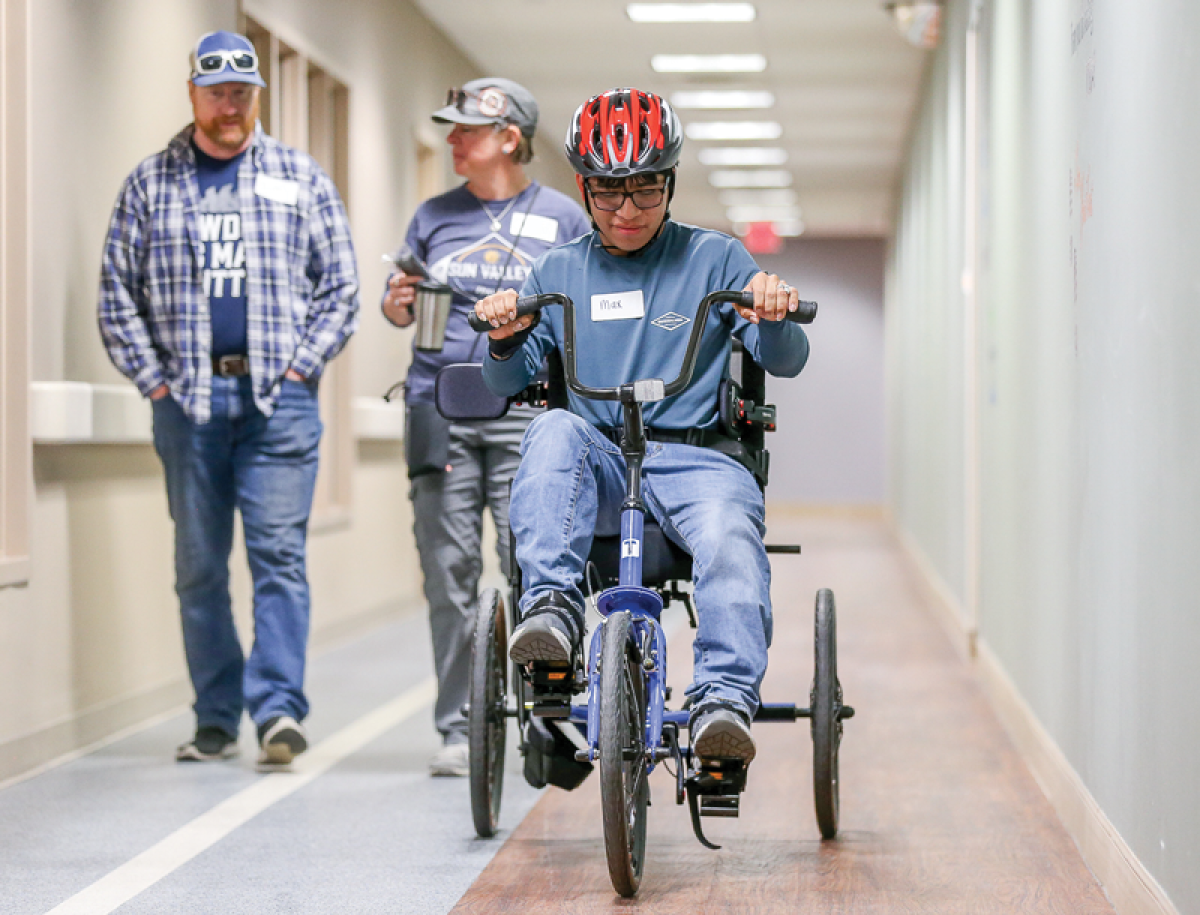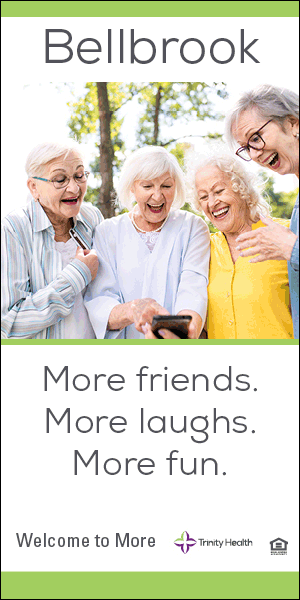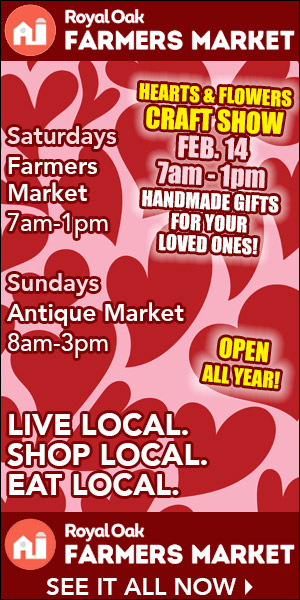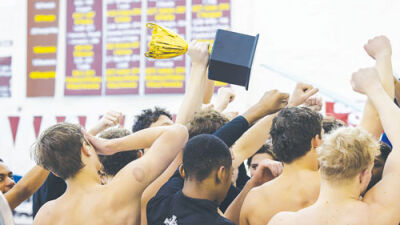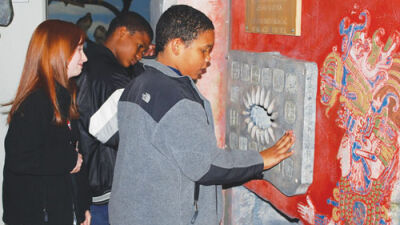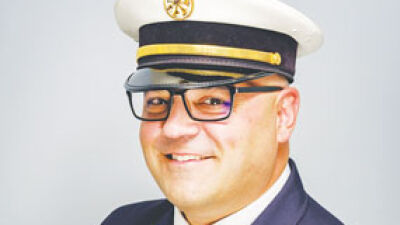OAKLAND COUNTY — Corewell Health Children’s held its big Bike Day on May 11, where 100 children were fitted for adaptive bicycles.
The kids and their families came to the Corewell Health William Beaumont University Hospital Care Center in Royal Oak for Bike Day, which celebrated its 20th year. The bicycles for the children are special in that they are not available in bike shops or stores.
Bike Day Coordinator Ryan Barto, who also is a senior pediatric occupational therapist for Corewell Heath Children’s Pediatric Rehabilitation, said the bikes grow with the children, and when they outgrow them, they can bring the bicycles back for the center to refurbish for another child.
“They get to get a new bike and kind of grow with them up through 18,” he said. “(May 11 was) our fitting day. So the kids come and get fitted. If they get a refurbished bike, they get to take it with them today. If they order one, they come in about eight weeks from now … and we will have the bikes delivered at that point.”
The bikes this year were provided at a cost of $250,000 by Children’s Miracle Network Hospitals and the Corewell Health Foundation. Barto said the average price for a bike is around $3,500 and can cost between $550 and $9,000, depending on the bike and the child’s needs.
Cristina Sheppard-Decius and Scott Decius, of Ferndale, brought their son, Max, 17, to get fitted for his bike.
“For us and other families, it’s providing a resource that is definitely helping financially, because we already have a lot of expenses because of all the other medical expenses,” Cristina Sheppard-Decius said. “I think for the family unit as a whole, as well as for Max, it’s giving him a reason to be able to do something, to get around.”
Max Decius was born with cerebral palsy and spastic diplegia, which makes it harder for him to keep propelling a bike at a pace to stay balanced
“This is my second bike. My first bike, it was, like, when I was really young,” Max Decius said. “I feel that the big bike days like this not only help people like me, but they help other people as well … other families. I’m glad to be a part of it.”
“They first got him a bike when he was a lot younger and one that was, you know, where he could push it, but then also something that we could actually push when he would get tired or needed assistance,” Cristina Sheppard-Decius said. “This would be the second bike that he’s getting, so we’ve been a part of this group for a long time. We’re kind of part of the family here.”
Jessica Lopez, of Huntington Woods, brought her daughter, Julianna Filak, 5, and said the cost to get anything adaptive is expensive, so she’s thankful that a program like this exists for her family and daughter.
“Another thing that’s really cool about this is how many bikes they have here to try,” Lopez said. “We’ve actually gotten Julianna an adaptive bike once, and it just really didn’t work that well for her. … You can’t go to Target and test these bikes. Like most kids, you can take them to a bike store or something and test bikes. These bikes aren’t at bike stores, so it’s really cool that they make it like a whole bike store.”
“It’s so cool to let her get out into the neighborhood and be doing the things that other kids are doing,” she continued. “So it’s huge for us. Otherwise, she’s in our stroller when we’re out in the neighborhood. So this will be, like, another way to get out and about with integration into the community.”
Barto has been participating in Bike Day for 14 years. He said therapy for kids a lot of times involves very incremental little steps, but when they get a bike, it’s a big leap forward.
“They get a lot more interaction with peers, their family, it’s … (something) that they get to do that is meaningful, purposeful and just a lot of fun,” he said. “For us, it’s a blast because we get to do a big tangible thing, where a lot of the time we take a lot of little steps during therapy rather than with this.”
 Publication select ▼
Publication select ▼